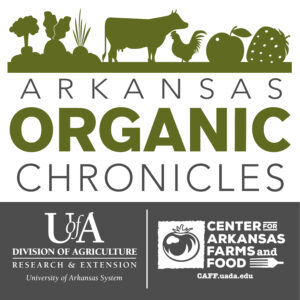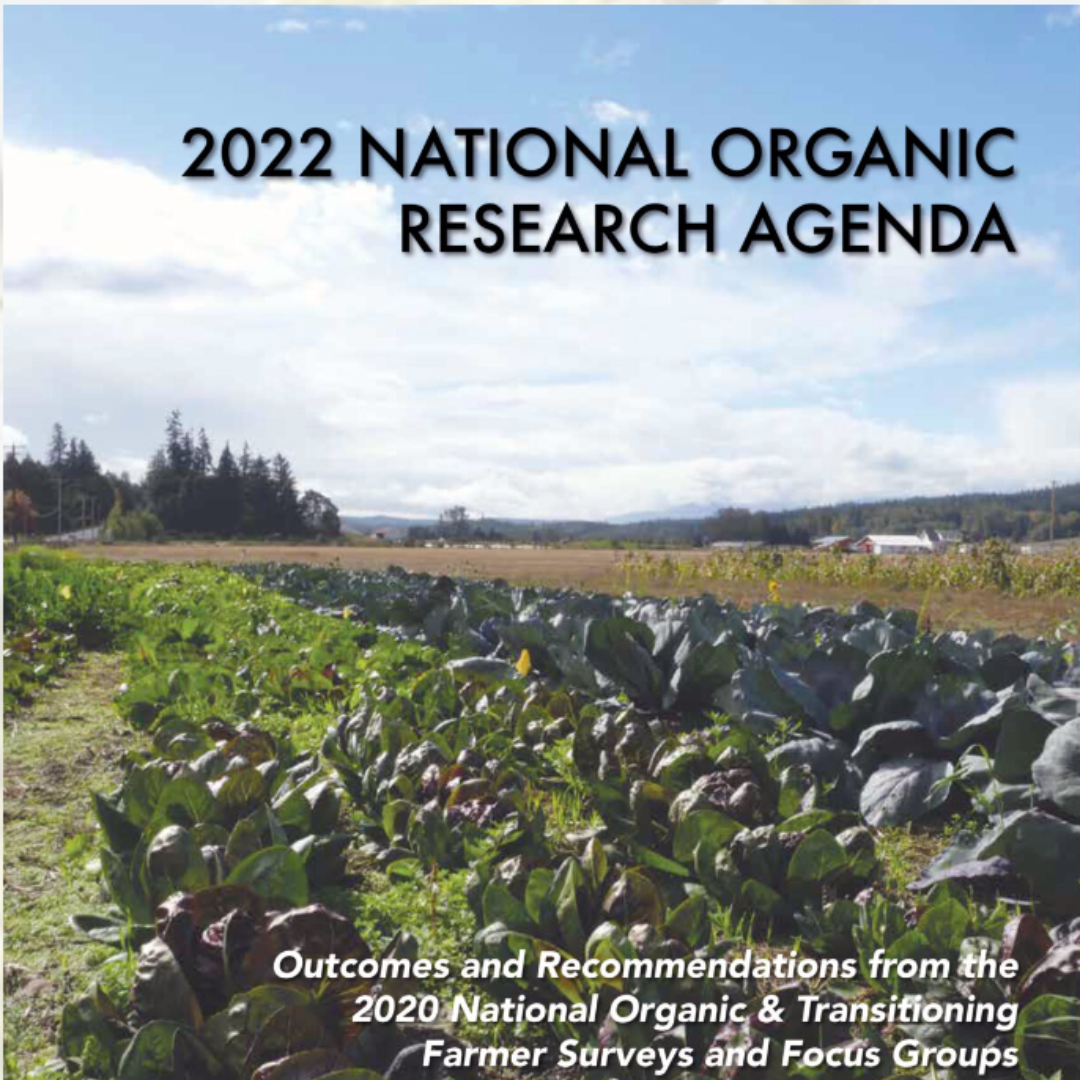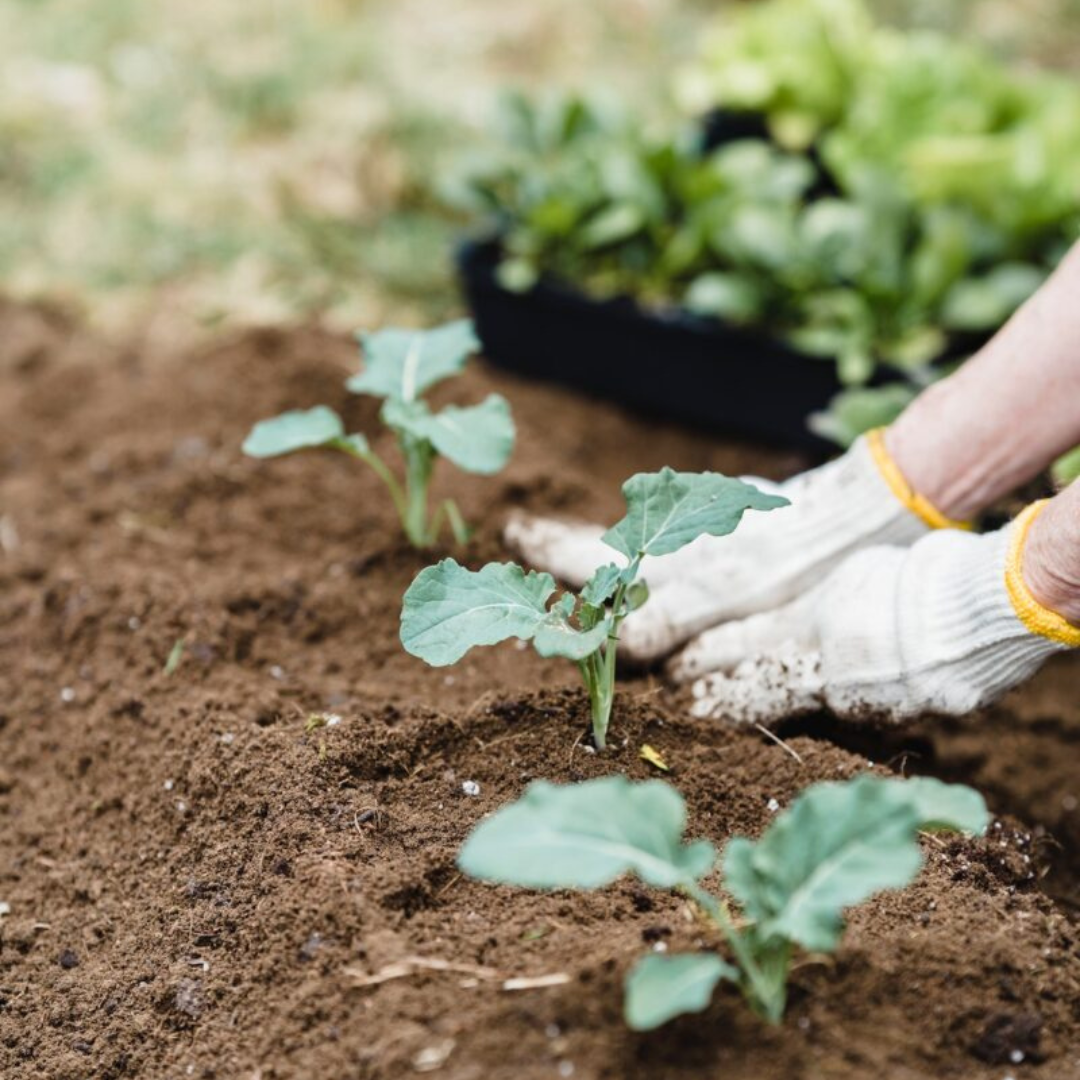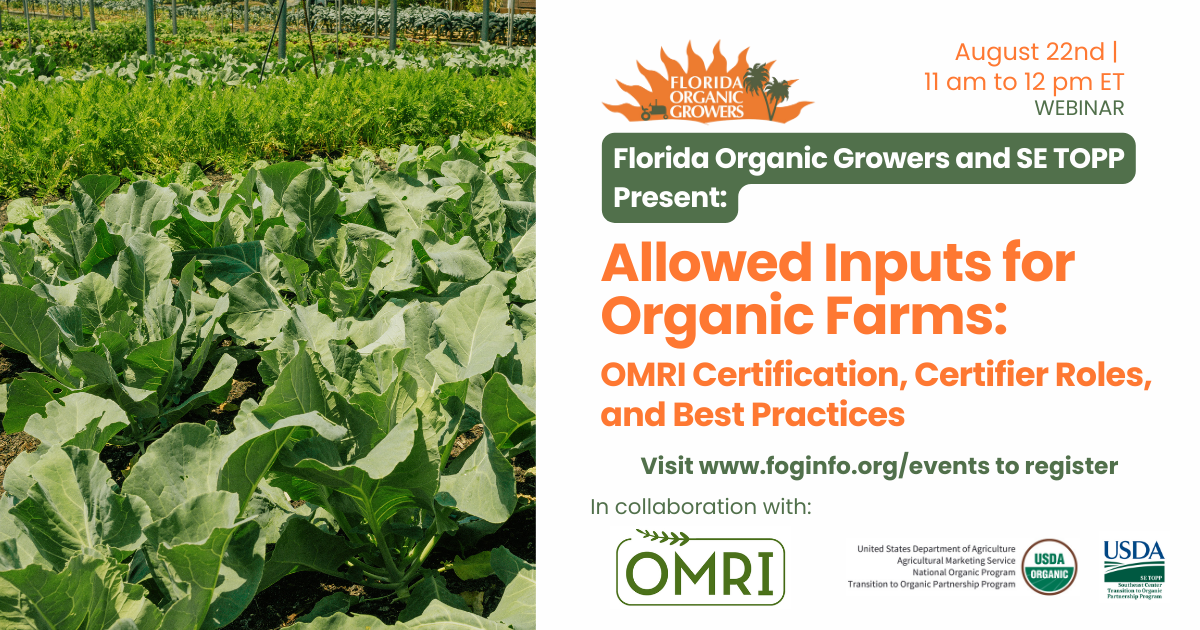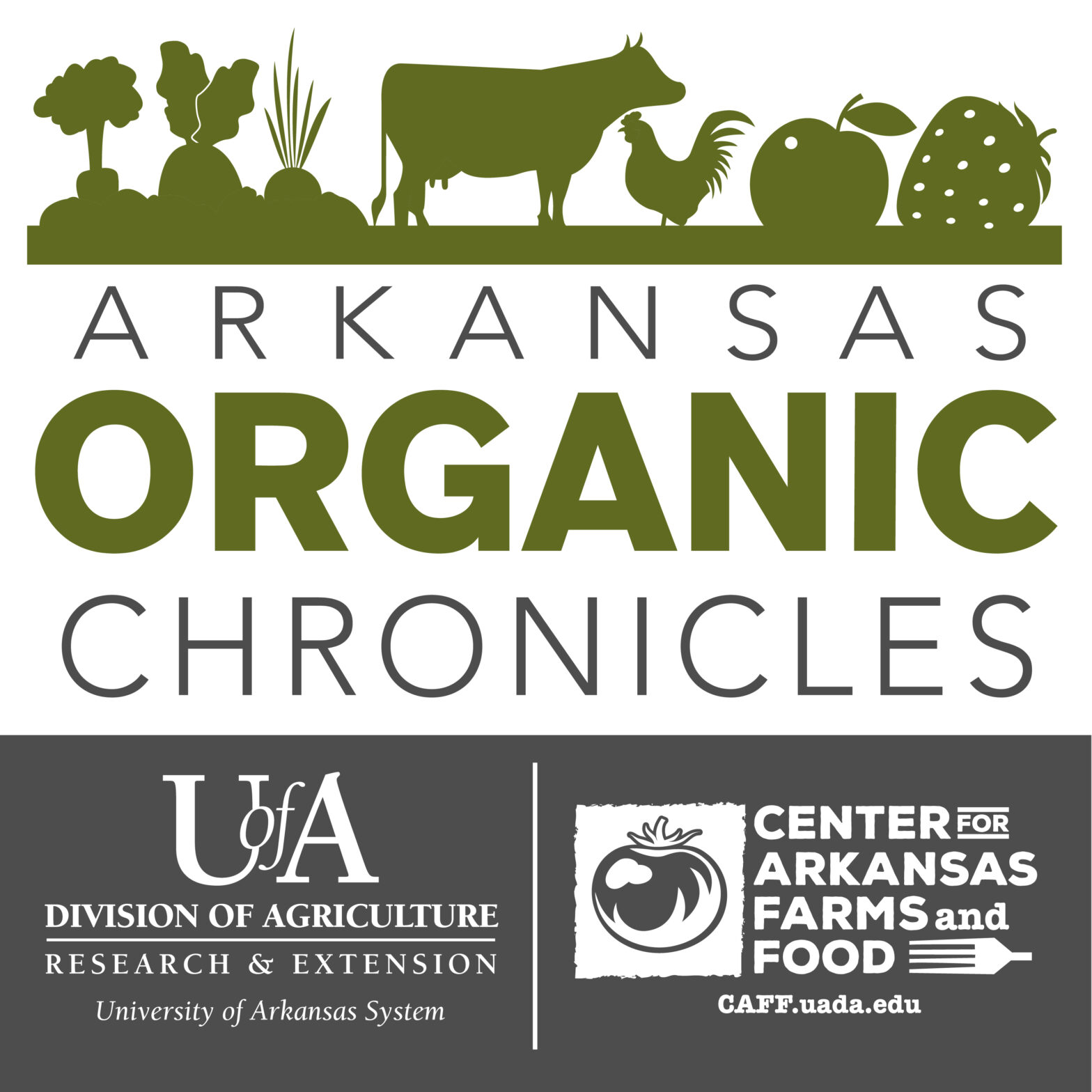Riley joins us in this episode to talk storm recovery and wrapping up the 2024 season.
Resources Category: Organic Crop Production
Explore best practices in organic crop production. Get expert tips on soil management, crop rotation, and sustainable farming techniques to boost your organic yields.
Podcast: Agronomics of organic corn and soybeans (Episode 24)
In this episode, Joe Schafer from Winrock International and Kelly Cartwright and Lanny Ashlock from the Natural Soy and Grain Alliance join us to talk about the challenges of organic corn and soybean production in Arkansas and provide strategies for success. See episode 19 for the introduction to this discussion. Project Details from Winrock International… Continue reading Podcast: Agronomics of organic corn and soybeans (Episode 24)
Farmers Guide to Conducting On Farm Research
2022 National Organic Research Agenda (NORA) Report
The Organic Farming Research Foundation presents the 2022 National Organic Research Agenda (NORA), a report informed by surveys and focus groups conducted in 2020 with over 1,100 certified organic and 71 transitioning-organic farmers and ranchers across North America. Participants provided input and perspectives on their current organic production systems, including the use of regenerative soil… Continue reading 2022 National Organic Research Agenda (NORA) Report
Basics of Organic Farming: Beginner Course
Webinar – Allowed Inputs for Organic Farms
This webinar is designed to help organic farmers navigate the complexities of input selection for organic production. Discover how OMRI certifies products, the benefits of using OMRI-listed inputs, and guidelines for maintaining organic compliance. Learn about the certifier’s role in input review, including the decision-making process and the types of questions they can and cannot… Continue reading Webinar – Allowed Inputs for Organic Farms
Seeds, Cicadas, Drought, and More!
In this episode we talk seasonal insects, cicada, roller crimping cover crop, and more! Riley joins as a special guest the second half of the show!
Organic Insecticides
In this episode I deep dive into organic approved insecticides. There’s more than just Pyganic and Neem!
Organic Insecticides
In this episode I deep dive into organic approved insecticides. There’s more than just Pyganic and Neem!
